The Perfect Match! Group Therapy and Table Top Games
Group Therapy and Table Top Role Playing Games- Why they are a great opportunity for your child to thrive.
The young people we connect with in our practice have many strengths and passions. Often, they are creative in unique ways, are motivated for social connection, have passions for fantasy and enjoy gaming. That’s why tabletop role-playing games are an amazing fit! They can help young people to become more socially confident, develop social communication skills and expand their social network. Our group facilitaor Jack is trained to run group therapy using the Game to Grow model.
Therapywell is running ongoing table top RPG groups called Social Quest for young people whom are wanting to build social emotional communications skills and competencies. Groups run for 10 weeks and each session funs for 2 hours. All ages are welcome and the groups are created to best fit the needs of participants.
Tabletop role-playing games (RPGs) can provide a number of social, emotional, and mental health benefits for neurodivergent children. Some of the key benefits include:
Social skills development: Tabletop RPGs require players to communicate, collaborate, and work as a team in order to progress in the game. This can help neurodivergent children develop and practice their social skills, including communication, problem-solving, and conflict resolution.
Emotional regulation: RPGs can provide a safe and structured environment for neurodivergent children to practice managing their emotions. The structure and rules of the game can help children feel more in control and better able to manage their emotions in a healthy way.
Creative expression: Tabletop RPGs allow players to use their imagination and creativity to create and play characters and participate in story-driven gameplay. This can be a great outlet for neurodivergent children to express themselves and explore their own interests and passions.
Improved mental health: Tabletop RPGs can provide a sense of accomplishment, community, and social connection, which can all contribute to improved mental health. Participating in a structured activity with a clear goal can also provide a sense of purpose and help with stress management.
Using this modality to support young people's social confidence makes sense. It's not forced or taught. It’s an alternative to traditional social skills training. It’s play for play’s sake and child-led. The game provides a safe space for facilitating youth in their own ideas. There is no wrong idea. Even if it’s daunting when a child wants to explore a certain aspect of their character, they are able to do so in the game rather than in real life. Sometimes children might need to work through a play scheme a number of times to work something out, emotionally. In this way it integrates some ideas taken from psychotherapeutic goals, and allows for a child to learn in a non-pressured, non-clinical type setting.
Where does my child need to be developmentally to participate?
There are a few skills that are helpful for a young person participating to have. One is being capable of following a basic story, which is a skill that grows hugely within the setting of the group. However whilst this skill builds for participants over the course of the program, if words are uninteresting or the young person is developmentally focused on sensory or cause-and-effect play, this program may not be suited. It’s not as black-and-white as putting an age level on the game. The game is about story-telling and collaboration in that aspect, so it lends the opportunity for skills growth and adjustment. Many challenges that players bring can be scaffolded by the facilitators and the program has seen the game played successfully with a wide variety of ages and ranges of capacities. Often, young people have difficulty pretending, but once introduced to the right environment, they begin to be able to participate. Participants do need to have a basic ability to be regulated in a room with other people and tolerate other people, which can be furthered into connection with their peers through the support of the facilitator.
Facilitators Role
The facilitators role is to provide framework and scaffolding for participants during the game that helps them with many adaptive abilities, including impulse control, executive function, and perspective-taking. Individual differences are taken into account in the formation phase of the group creation process, and the facilitator’s goal during this phase is to build a strong rapport with the group members, understand the individual differences of the group members and to support the establishment of a sense of safety in the group. Such things as letting someone take a break to go for a walk, or providing a trampoline are examples of environmental accommodations that can support individual differences.
Social isolation is a common problem among players. Many have not had experiences of enduring friendships, or if they have, they may have encountered difficulties with problem solving when they have had disagreements, and may have lost friends in this instance. The goal of the group program is to provide a space once a week that is a social experience, and in that social experience, participants get a chance to try out different approaches and feel safe enough to ‘test the waters’ in many different ways, and they can keep coming back even when there are missteps in at times along the way. Missteps are a large part of the learning and reparative process, as participants can hopefully experience relationship repair after a challenge. This is something that the Game to Grow organisation has found many participants are seeking, the opportunity to test out things in a social setting and be supported in problem solving when challenges arise.
Play is a means of learning. The group program is structured through the use of functional emotional core capacities. As many participants have been deprived of opportunities where their communication styles are honored, structuring the group through these emotional core competencies supports collaboration between the facilitator and participants to actualise the end result. Many other social skill building programs emphasize teaching children socially appropriate interaction skills, but this is not one of them. It is instead on the facilitator to find that attunement and that space where there is play and repetition in a regulated way so the child can grow as their authentic self, rather than being shaped or steered. The facilitator will often touch base with the parents or a therapist to see what the goals are, but in many ways the goals across groups are very similar. The primary goal is to develop an appreciation for socialization, have experiences joyful connection, support development of role play skills which in-turn support development of social communication skills.
Long-term Benefits
Testimonials from the program share that the best outcomes are those that result in building positive experiences of friendship, ones that can potentially last beyond the group. When the participants are given the chance to appreciate what it is to be social and to have friends who like you for who you are and want to be around you, then there is potential for this confidence to develop and support them to initiate hanging out together or doing something that they may have a shared interest in. The goal of the group is to provide that play space to work on the skills to use to socialize and enjoy friendships. Game to Grow has said that parents have shared that it’s like “eating your vegetables without knowing you’re eating your vegetables”, their children are able to enjoy learning skills without the pressure of being “taught” social skills.
In this sense, the group offers an alternative to a social skills program. Often, in social skills programs, the burden is typically on a young autistic person to “fit it” which can deny them the opportunity to really learn about themselves and others, which doesn’t prepare them to be themselves and flourish. This reduces the depth of the relationships they are able to develop with their peers. Many are middle school students, which is a time when it’s usually picked up that they might struggle socially, and many have had experiences of bullying at school. Whilst it can be difficult to stop bullying, young people can develop support networks and relationships outside of school that can be central to mental health and wellbeing. .
The research shows that if you have a friend or support network, the long term outcomes of that peer victimization reduces. This is more than providing a play setting for some fun, but to really show the benefits of having trusted people in your life. Game to Grow has seen kids who have never had a friend develop new friendships, being invited to social outings and hosting their own social outings where they invite everyone from the group to their house on the weekend. This is the hope for the group participants, that their participation acts as a launching pad for future social growth and the confidence to expand their social world.
Overall, tabletop RPGs can be a valuable activity for neurodivergent children, providing social, emotional, and mental health benefits. It is important to find a group that is inclusive and supportive, and to carefully consider the content and themes of the game to ensure that it is age-appropriate and aligns with the individual's needs and interests.


